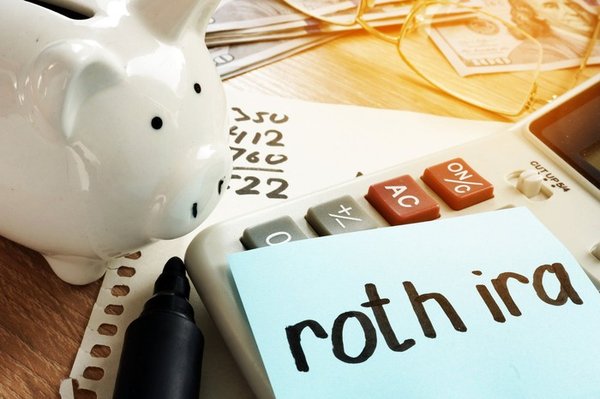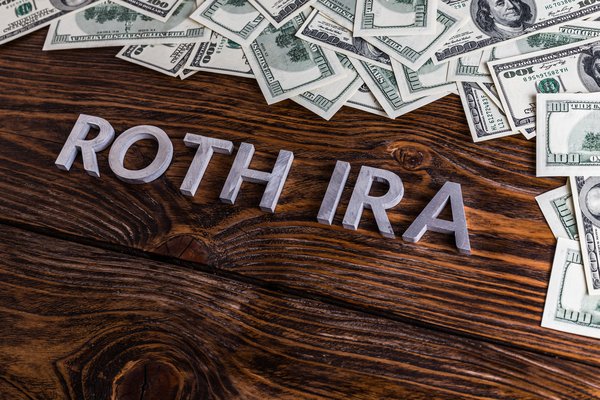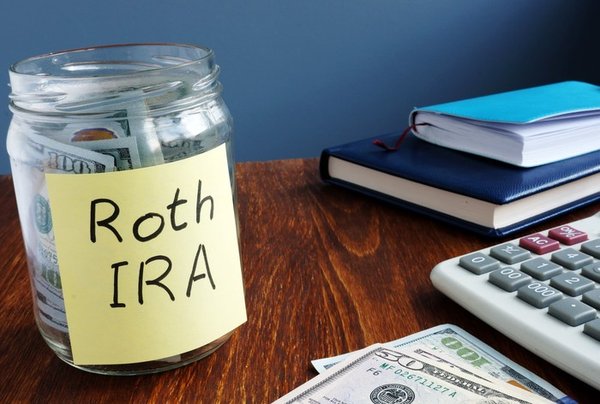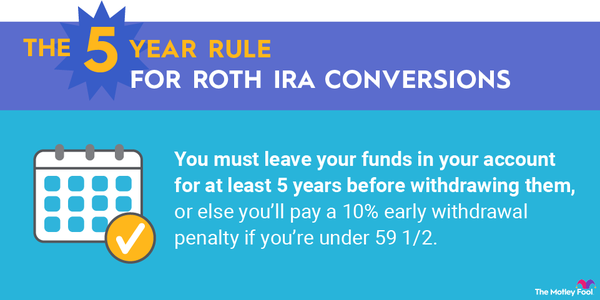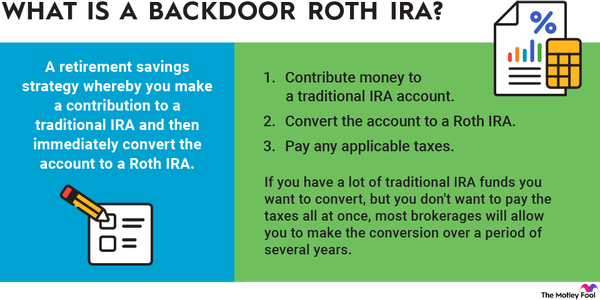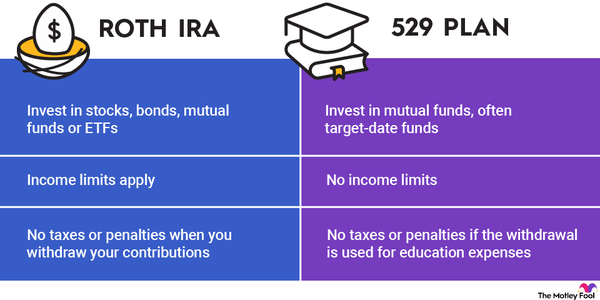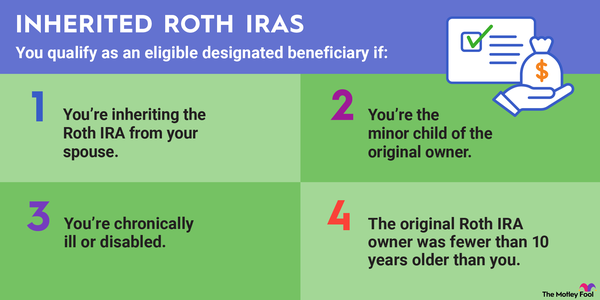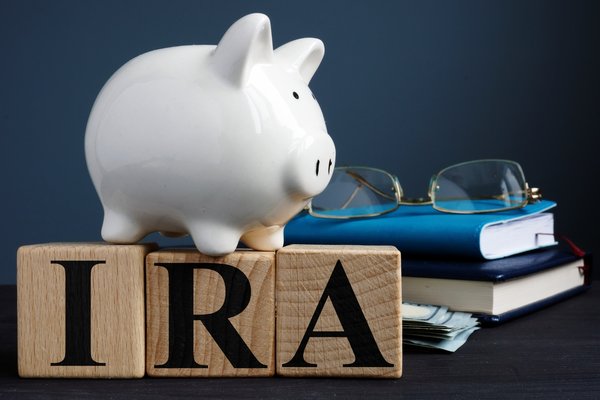A self-directed Roth IRA is a type of individual retirement account designed to allow investors to personally manage their tax-advantaged retirement assets and invest in a wide array of alternatives. This article will explore what a self-directed Roth IRA is, how to open one, the rules surrounding such accounts, and additional factors you might want to consider beforehand.
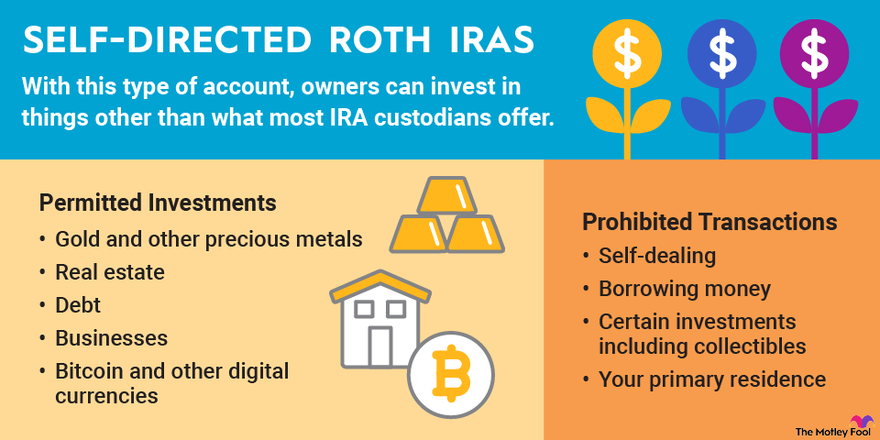
What is a self-directed Roth IRA?
What is a self-directed Roth IRA?
A self-directed Roth IRA is a type of retirement account that receives the same tax-advantaged treatment a regular Roth IRA does. You won't receive any tax benefit in the year you make a contribution, but invested contributions will grow, compound, and receive dividends tax-free. When you withdraw money from a Roth IRA, you generally won't pay taxes either. A self-directed Roth IRA is subject to the regular Roth income limits.
However, in a self-directed Roth IRA, account owners can invest in things other than what most IRA custodians offer. With a standard Roth IRA, investors are generally restricted to stocks, bonds, mutual funds, CDs, and similar investments. A self-directed Roth IRA has many possible investment choices, such as real estate, precious metals, and cryptocurrency.
These additional choices are considered alternative investments since they have the potential to increase diversification across your retirement assets, but they come with additional risks.
How to open one
How to open a self-directed Roth IRA
Fortunately, the process to open a self-directed IRA is not overly complicated. You'll need to visit one of the top Roth IRA providers to open an account, and you'll also need to be sure the custodian you choose supports self-directed accounts and permits you to hold the specific alternative investments you want.
As you'll be choosing and managing the account's underlying investments, you'll also be responsible for funding and executing the account transactions. If you're somebody who needs ongoing assistance with selecting investments, you might consider working with a fiduciary financial advisor who can provide guidance.
Rules
Self-directed Roth IRA rules
As mentioned above, the main advantages of a self-directed Roth IRA are that you have control over the investments in the account, and you have many more investment options than you would with a standard Roth IRA. In addition, you'll be subject to the same IRS-provided income limits (using modified adjusted gross income, or MAGI) and annual contribution maximums.
Here’s a list of permitted investments that extend beyond the traditional investment menu:
Gold and other precious metals
Gold and precious metals are popular self-directed Roth IRA investments. Precious metals are often used by investors to diversify their holdings and preserve wealth, no matter what the economy is doing. Gold is often cited as a common inflation hedge.
Real estate
Self-directed Roth IRA account holders have the ability to buy investment properties through their IRA. However, there is a list of rules to abide by. First, you can't buy property you intend to live in either full- or part-time. Next, the process can be complicated and time-consuming since you must be sure not to mix personal and IRA funds with a real estate investment. All expenses, taxes, and insurance for the investment property must be paid from the IRA.
Debt
Through a self-directed Roth IRA, it is possible to purchase a variety of debt instruments. Tax liens are one popular example. You can also purchase loans (or an interest in a loan), and there have been several reputable debt-investing platforms that have started within the past few years -- PeerStreet and LendingHome, to name two.
Businesses
You can invest in businesses within a self-directed Roth IRA, either in their entirety or in part. For example, if you want to use your self-directed IRA to buy a convenience store, you can do that. However, there are several rules governing the ownership of businesses in self-directed IRAs, so it's definitely a good idea to reach out to a professional financial planner before you get started.
Bitcoin and other digital currencies
Digital currencies, such as bitcoin, are still relatively new investments, and they're often forecast to be the centerpiece of a digitized financial future. And, since they're considered capital assets, bitcoin and digital currencies are subject to capital gains taxes when sold at a profit, so holding them in a tax-advantaged account can make a lot of sense.
According to First Digital IRA, which specializes in helping investors purchase digital currencies in self-directed IRAs, most of their clients invest just a small portion of their assets in bitcoin and other digital currencies. In other words, bitcoin, like the other items listed here, can be used to further diversify one's retirement assets.
Reputable self-directed IRA custodians with digital currency capabilities, such as First Digital, store clients' digital currencies in a much more secure manner than most individuals would do for themselves.
Prohibited transactions
Some types of investments and transactions are prohibited under the self-directed Roth IRA rules, including:
Self-dealing
Self-dealing refers to conducting business with yourself -- that is, buying assets from, or selling them to, your own IRA. Self-dealing prohibitions apply not just to you as an individual but to all "disqualifying persons," which include your spouse, your beneficiaries, or your business (among others).
A prohibition against self-dealing is in place to prevent fraudulent transfers that are often conducted to avoid tax. It also limits the temptation to initiate transactions that may appear legitimate but have no underlying economic substance.
Borrowing money
You are not permitted to borrow money from your self-directed Roth IRA because retirement accounts are intended for your benefit in retirement, not decades beforehand. Borrowing money is also a form of self-dealing in that, by borrowing from your IRA, you're essentially conducting business with yourself.
Certain investments
The two primary investments to know are collectibles and life insurance. Collectibles include art investments, antiques, jewelry, stamps, or most other items the IRS deems to be collectible.
Life insurance is contracted protection for those who depend on your income. It's not an investment designed to grow in value over time or provide income in retirement. Due to its very nature, life insurance is not appropriate for a self-directed IRA.
Other prohibited investments include complex derivatives and S corporation shares.
Your primary residence
As briefly noted above, your self-directed Roth IRA is not the place to hold your home. Not only does this give the appearance of self-dealing, but your primary residence is simply not a conduit for stable retirement income.
Is a self-directed Roth IRA right for you?
Is a self-directed Roth IRA right for you?
A self-directed Roth IRA has its pros and cons and is most definitely not for everyone. Further, you should not put money into any of the aforementioned alternative investments if you don't have a thorough understanding of the respective risks. Stock and bond investments, especially in the form of ETFs and mutual funds, are relatively easy to understand, which is why most people are better off sticking to a standard Roth IRA.
However, if an investor is knowledgeable about any of the investment types on this list -- while being aware of the prohibited transactions -- and wants to use them as part of a well-rounded retirement strategy, a self-directed IRA could be worth a look.










